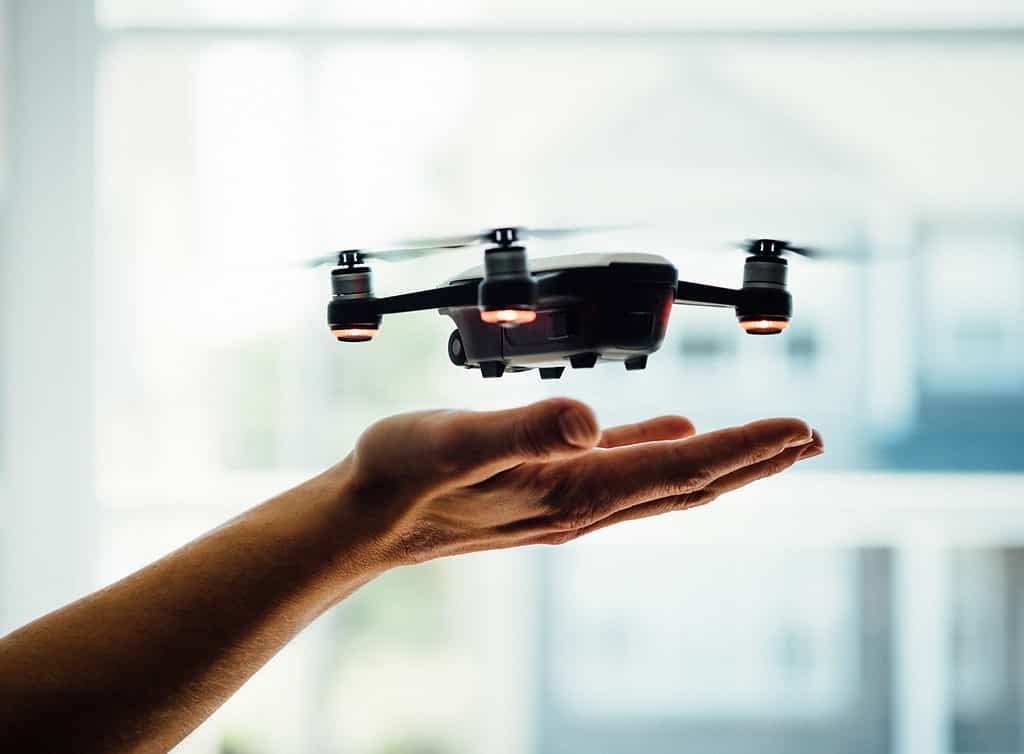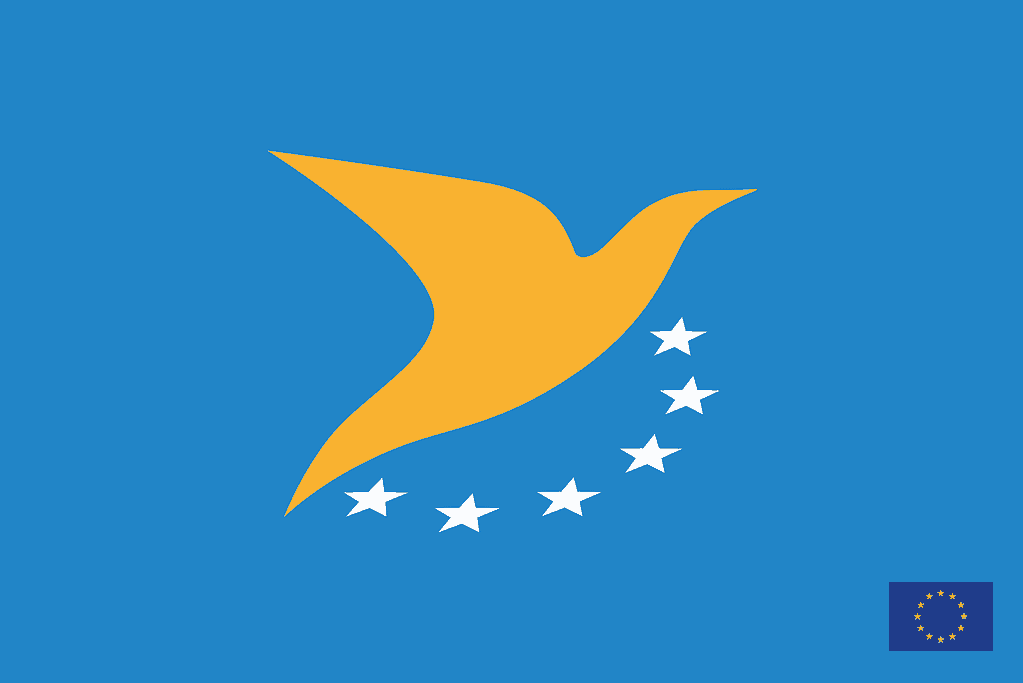Summary of Drone Laws in the Philippines
Hobbyist Drone Laws For Residents of the Philippines
Drone Operations in the Philippines are currently regulated.
- Hobbyist drone flights are allowed in the Philippines
- Hobbyist Philippines drone pilot license is required in some cases and flying over 7kg drones
- Hobbyist Drone registration is required in the Philippines for hobbyists
- Drone Remote ID is not required in the Philippines for hobbyists
- Drone Insurance is not required but recommended for hobbyists’ drone operations in the Philippines
Read below for more details on Hobbyist Drone Laws in the Philippines and to find links to regulators and other credible sources!
Commercial Drone Laws For Residents of the Philippines
Drone Operations in the Philippines are currently regulated.
- Commercial drone flights are allowed in the Philippines
- Commercial Philippines drone pilot license is required
- Commercial Drone registration is required in the Philippines for commercial drone operators
- Drone Remote ID is not required in the Philippines for Commercial Drone Operators
- Drone Insurance is not required for commercial drone operations in the Philippines
Read below for more details on Commercial Drone Laws in the Philippines and to find links to regulators and other credible sources!
Drone Regulations For Visitors To the Philippines
Drone Operations in the Philippines are currently regulated.
- Foreign visitor drone flights are allowed in the Philippines
- Foreign visitor drone pilot license is required
- Drone registration/authorization is required in the Philippines for visitors/tourists
- Drone Remote ID is not required in the Philippines for tourists
- Drone Insurance is not required but recommended for tourist drone operations in the Philippines
Read below for more details on Drone Laws in the Philippines for Visitors (Tourists) and to find links to regulators and other credible sources!
Drone Rules For Government Drone Operators in the Philippines
Drone Operations in the Philippines are currently regulated.
- Government drone flights are allowed in the Philippines
- Government drone pilot license is required
- Drone registration is required in the Philippines for Government operations
- Drone Remote ID is not required in the Philippines for Government operations
- Drone Insurance is not required for Government drone operations in the Philippines
Read below for more details on Drone Laws in the Philippines for Government Drone Operations and to find links to regulators and other credible sources!
Agencies Responsible for regulating drones in the Republic of the Philippines
Drone Regulator in The Philippines: Civil Aviation Authority of the Philippines (CAAP)
Link to Drone Regulation Section of Regulator Website: CAAP RPAS Regulation Section
UAS Laws – General rules for flying drones in the Philippines
The Philippines agency responsible for drone safety, CAAP, has provided several internet-accessible details on flying for fun or work. The highlights are enumerated below. For more details, go to the link above.
Are drones allowed in the Philippines?
Here are the most important rules to know for flying a drone in the Philippines:
- To fly a drone commercially or fly a drone weighing more than 7 kilograms (15 pounds), you must obtain a CAAP certificate. For additional information, see the section below.
- Fly only during daylight hours and in good weather.
- Allow the drone to remain within your visual line of sight.
- Avoid flying over densely populated areas, such as schools or markets.
- Never fly higher than 400 feet above the ground.
- Keep a safe distance of at least 30 meters (98 feet) from people not involved in the drone’s operation.
- Avoid flying within a radius of 10 kilometers (6 miles) of airports.
- Avoid flying near disasters, such as fires.
Certification Requirements for Flying a Drone in the Philippines
Large drones weighing more than 7 kilograms (15 pounds) and drones for commercial use require a CAAP UAV certificate. The authorization is divided into three sections:
- Certificate as a UAV Controller / Pilot
- Registration of unmanned aerial vehicles
- Certificate of UAV Operator
To earn the UAV Controller / Pilot Certificate, you must complete a training course, pass an exam, and demonstrate proficiency in flight. This certificate is valid for five years. The UAV Operator Certificate is valid for three years and requires a letter of intent and detailed operations specifications.
Following registration, the required registration marks must be visible on the UAV.
RPA Controller Certificate
APPLICATION FOR RPA CONTROLLER CERTIFICATE
- The application for RPA Controller’s Certificate shall be made in writing, signed, and sworn to by the applicant. The application shall also state the following:
- The date and place of filing;
- The name of the applicant;
- The address of the applicant;
- The intended RPA to be controlled;
- Details of any flight crew license, air traffic control license, or operations officer license that the applicant holds (include details of ratings, endorsements, and qualifications);
- Details of applicant’s experience in operating RPAs.
- Evidence of the completion of any training course in RPA operation that the applicant has undertaken.
- The Authority may refuse to consider, or cease considering, the application until the applicant gives the information or a copy of it.
ELIGIBILITY FOR RPA CONTROLLER CERTIFICATE
- No person is eligible for the issuance of an RPA Controller Certificate unless he or she:
- Has completed an RPA training course as conducted by the RPA manufacturer in the operation of the type of RPA that he or she proposes to operate; and
- Has at least five (5) hours of experience operating RPAs outside controlled airspace.
- Has Passed the RPAS Exam.
- Has passed the demonstration flight conducted by the authorized personnel of the Authority.
VALIDITY OF RPA CONTROLLER CERTIFICATE
- An RPA Controller Certificate issued by the Authority is effective for a period of five (5) years from the date of issuance and remains valid until:
- The Authority amends, suspends, revokes, or otherwise terminates the certificate;
- The RPA Controller surrenders it to the Authority.
VALIDATION OF FOREIGN RPA CONTROLLER CERTIFICATE, LICENSE, OR AUTHORIZATION
- A person who holds a current and valid RPA Controller Certificate, License, or Authorization issued by another Contracting State may apply for validation of such license or authorization for use on Remotely Piloted Aircraft registered with the Authority.
- The Authority shall verify the authenticity of the license/authorization and ratings with the issuing state.
- A validation certificate will be issued, provided:
- That the applicant shall present to the Authority the foreign-issued license/authorization.
- That the foreign-issued license/authorization is current and valid.
- A validation certificate, based upon the relevant foreign-issued license/authorization, will be issued provided the following requirements are met: The applicant for the validation certificate shall present to the Authority the foreign license/authorization and evidence of the experience required by PCAR Part 2; 2.13.3. The validation certificate will be valid for one (1) year, provided that the foreign license/authorization is
- still current and valid.
- The applicant for the validation certificate shall:
- Have completed an RPA training course conducted by the RPA manufacturer in the operation of the type of RPA that he or she proposes to operate;
- Have at least five (5) hours of experience in operating RPAs.
- Pass the demonstration flight conducted by the authorized personnel of the Authority.
Note for Foreign Operators
Importing UAVs into the Philippines
You should obtain a “Carnet” or Merchandise Passport for your UAV equipment before entering the Philippines. This may prevent lengthy customs procedures and even eliminate the need to pay import taxes. While the Philippines is a non-carnet country, the Philippine Bureau of Customs may accept it as documentation.
In some instances, the Bureau of Customs will require an “Import Bond” to ensure that the UAV equipment is not resold into the market. The cost is determined by the imported unmanned aerial vehicle’s declared value.
Notes for recreational drone pilots flying for fun in the Philippines
Follow the general rules listed above, but check for updates by visiting the regulator’s links provided.
You do not need a license or a permit to fly a drone for recreational purposes if it weighs less than 7 kg and you fly keeping within the following rules:
- At a maximum altitude of 122 meters above the surface of the earth.
- At least 30 meters away from people or large crowds, respect individuals’ privacy.
- at least ten kilometers from airports
- It is prudent to obtain insurance that covers all risks.
- Away from areas where its use could jeopardize the work of law enforcement or first responders.
- At all times, fly in daylight and within your line of sight.
- If your drone weighs more than 7 kg, or if you violate any other provision of the preceding code of conduct, you must follow the commercial use rules outlined below.
Notes for operating Commercial Drone Services in the Philippines
Commercial drone use is prohibited in the Philippines without a permit.
An operator shall not conduct aerial work unless they possess a valid authorization certificate issued by the Authority.
Each applicant must apply for the initial issuance of a certificate of authorization at least 90 days before the intended date of operation.
The Authority may issue a certificate of authorization if it determines that the applicant is:
- a citizen of the Republic of the Philippines.
- that the applicant’s principal place of business and registered office, if any, are located in the Republic of the Philippines.
- that the applicant complies with all applicable regulations and standards governing the holder of a certificate of authorization; and
- that the applicant is appropriately and adequately capitalized.
The Authority may deny an application for a certificate of authorization if it determines that the applicant is not properly or adequately equipped or capable of conducting safe aerial work operations:
- the applicant previously held a certificate of authorization that was revoked; or
- the applicant previously had a certificate of authorization that was revoked.
- A person who contributed to the circumstances that resulted in revoking a certificate of authorization acquires substantial ownership or is employed in a position required by this country’s regulation.
Follow the general rules listed above, but check for updates by visiting the regulator’s links provided.
Useful published information on flying drones in the Philippines
Here is a video provided by CAAP regarding the general regulations of drone flights in the Philippines…
Authoritative Sources of Information on the Philippines Drone Laws
We will attempt to keep an updated list of online authoritative links to regulators and other official websites here:
- Drone Regulator Website: Civil Aviation Authority of the Philippines (CAAP)
- Link To SUAS Laws: CAAP RPAS Regulation Section
- No Fly Zone Maps/Locations: N/A
- UAV Registration Site: N/A
- Drone Operator Licensing Site: N/A
- Others: N/A
NOTE: This page is about the Regulation of Unmanned Aerial Vehicles: Small Unmanned Aerial Systems (SUAS), Small UAS, Remote Piloted Aerial Systems (RPAS), unmanned aerial vehicle (UAV), Unmanned Aerial System (UAS), and drone are interchangeable terms unless specified. Model Aircraft, toy, remote-controlled, and RC aircraft may be covered by the same regulations unless specified.
Find out why
We think you must use a Drone Preflight Checklist
And a Drone Post-flight checklist
Free Drone Flight Checklist PDF
This Drone Flight Checklist is better than others.
It’s free!
It includes both the preflight checklist and post-flight checklist
It’s an easy-to-use printable PDF that covers all your bases.
Traveling with a Drone?
Click here to read our Comprehensive Guide For Traveling With A Drone.
NOW IT’S YOUR TURN




Leave a Comment